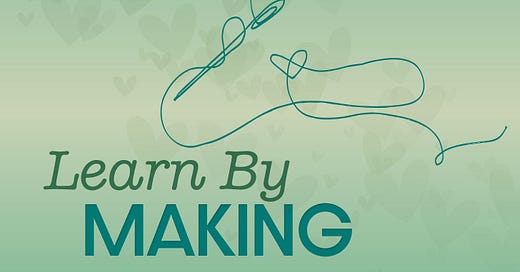In his book Never Split the Difference, former FBI hostage negotiator Chris Voss talks about the tendency to write off those we don’t understand with a simple, “They’re crazy,” or another generalized deflection that gets us off the hook. This is easy to do when someone is exhibiting any so-called negative trait. It’s easy to discount them (“He’s just a jerk”) or point to a deficiency (“She’s lazy”). Once we have labeled people, we tend to feel justified in treating them accordingly. Voss’s point is that you can’t do that in a hostage negotiation. You can’t just write a kidnapper off as an idiot when there are lives on the line. You have no choice but to get inside his head and try to figure out his motivations to help you think of ways to free the hostages.
If you’re a deep soul, you might push boundaries or shut down when you feel your strengths are not understood. When your deep soul thinking is not engaged you might experience a stagnation in learning and feel dissatisfied, but perhaps it’s a discomfort that you can’t fully quantify. Early in life you may have concluded that certain settings don’t apply to you, like school or sports teams—that is, unless you had a champion. Comedian Jeff Sloniker’s English teacher not only treated him kindly but saw potential and embraced his originality. He excelled because there was a pathway for his humor. Other teachers told Jeff’s mother that he was one of the politest kids in the school when they talked to him one-on-one. He was not a “bad kid,” but he sure looked like one when others defined him by negative traits like acting out, straying attention, or lack of motivation to do things he considered meaningless. Instead of recognizing that humor and other deep soul characteristics pointed to potential strengths, most adults pinpointed him as impulsive and argumentative. In truth, he did act this way, but only when positive avenues to channel his highest-level thinking had vaporized.
If the tasks we do on a daily basis in adult life rarely tap into our deepest levels of thinking we might feel that same sense of dissatisfaction. Author Elizabeth Gilbert wrote in Big Magic, “Possessing a creative [deep soul] mind, after all, is something like having a border collie for a pet: It needs to work, or else it will cause you an outrageous amount of trouble. Give your mind a job to do, or else it will find a job to do, and you might not like the job it invents . . .” Fundamentally we feel like the world doesn’t understand us when our full capacities are underemployed. This tends to induce an inversion of our strengths. They become distorted as we try to express them but get caught on the sharp edges of the proverbial box. Deep soul strengths can then appear as negative traits. Consequently, deep souls often endure a lifetime of being told they are wrong, broken, or “too much.” This is why it’s essential that deep souls—and their families, friends, and coworkers—master what I call the “mindflip.”
Chapter 7.4 from A Love Letter to Deep Souls by Kathryn P. Haydon.
To read all of the book chapters thus far posted, click here.
Copyright 2025 Kathryn P. Haydon. All rights reserved. No part of this work may be reproduced or transmitted in any form or by any means, electronic or mechanical, including photocopying, recording, or by any information storage and retrieval system, without permission in writing from the author.






When I was in the 6th grade a friend taught me how to play the guitar and we often got together to sing and play songs together. Any free time was spent learning how to play new songs. I wrote a song in HS for our Senior Variety show and decided on a music minor in college due to my love of music.
Writing poetry takes me back to a time when I felt creative as a teenager and I'm glad she's back!
I've recently become interested in writing poetry and have found that I'm more aware of my senses and have found the key in keeping my mind engaged.